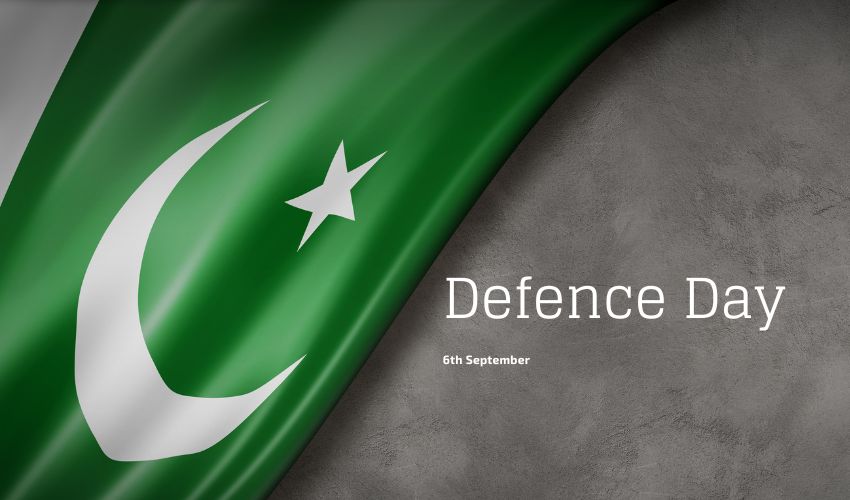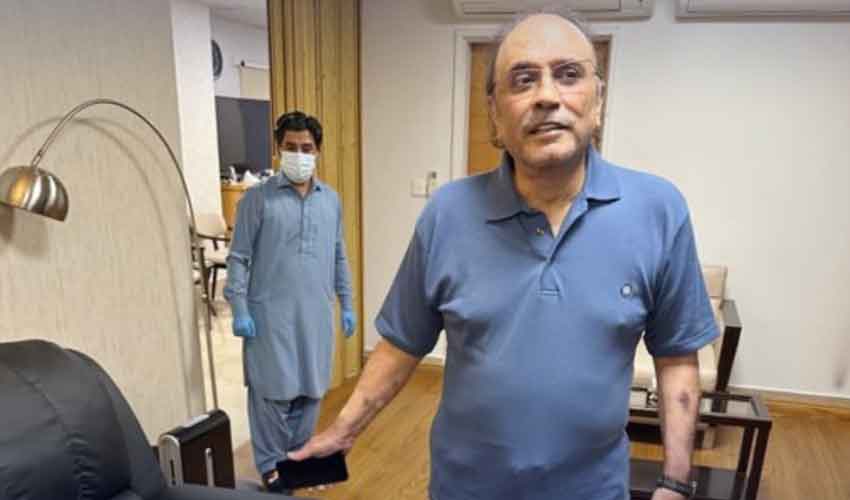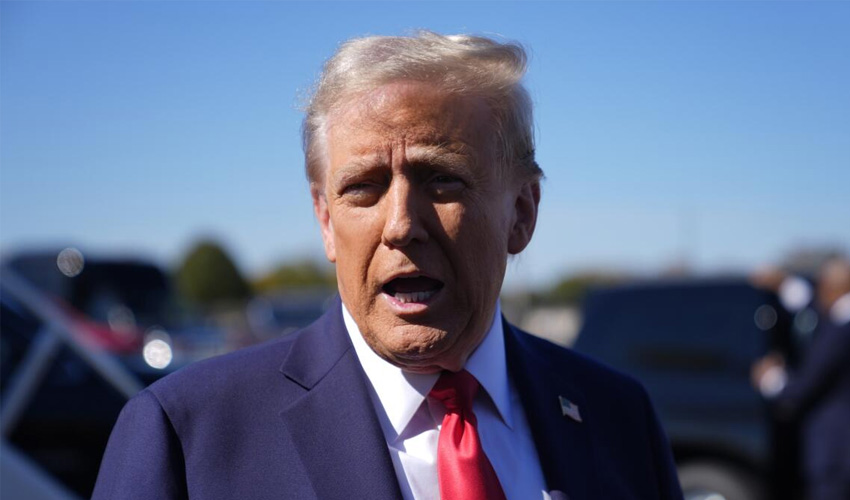The conflict between Pakistan and India intensified on the second day of the war, with both sides engaged in military operations and diplomatic maneuvering.
Indian Prime Minister Lal Bahadur Shastri threatened Pakistan, but also acknowledged that the Pakistani Air Force had shot down four Indian aircraft the previous day. Meanwhile, Indian Army Chief General J.N. Chaudhuri held a meeting with senior officers in occupied Kashmir.
In response, Pakistani President Ayub Khan addressed the nation, warning India that its policy towards Pakistan and Kashmir was based on "hatred and enmity," leading to a "serious situation." He vowed that "aggression will be met with a fitting response" and that Pakistan would fulfill its promise to the Kashmiri people.
On this day in 1965, during 2nd day of the #war, #Indian PM Lal Bahadur Shastri threatened #Pakistan with #war but admitted the #loss of 4 #Indian planes.#President Ayub warned of a strong response, fulfilling #Pakistan's commitment to #Kashmir. #Pakistani forces advanced,… pic.twitter.com/vZjlfaNhd0
— SAMAA TV (@SAMAATV) September 2, 2024
Sardar Abdur Rashid, a senior Pakistani leader, cautioned India that its "army has dug its own grave."
On the ground, the Pakistani Army continued its operations in Kashmir. Near the Sona Marg area, the Pakistani forces completely wiped out an Indian platoon and carried out attacks on Indian military installations and facilities.
In the Chhamb sector, the Pakistani Army advanced eastward, capturing 15 Indian tanks and taking 150 Indian soldiers as prisoners of war.
International observers expressed deep concern over India's use of air power in the conflict.
The Pakistani military issued a warning order to all formations, instructing them to secure their concentration areas by the morning of September 2nd, anticipating further escalation of the Indian military's war preparations.



























